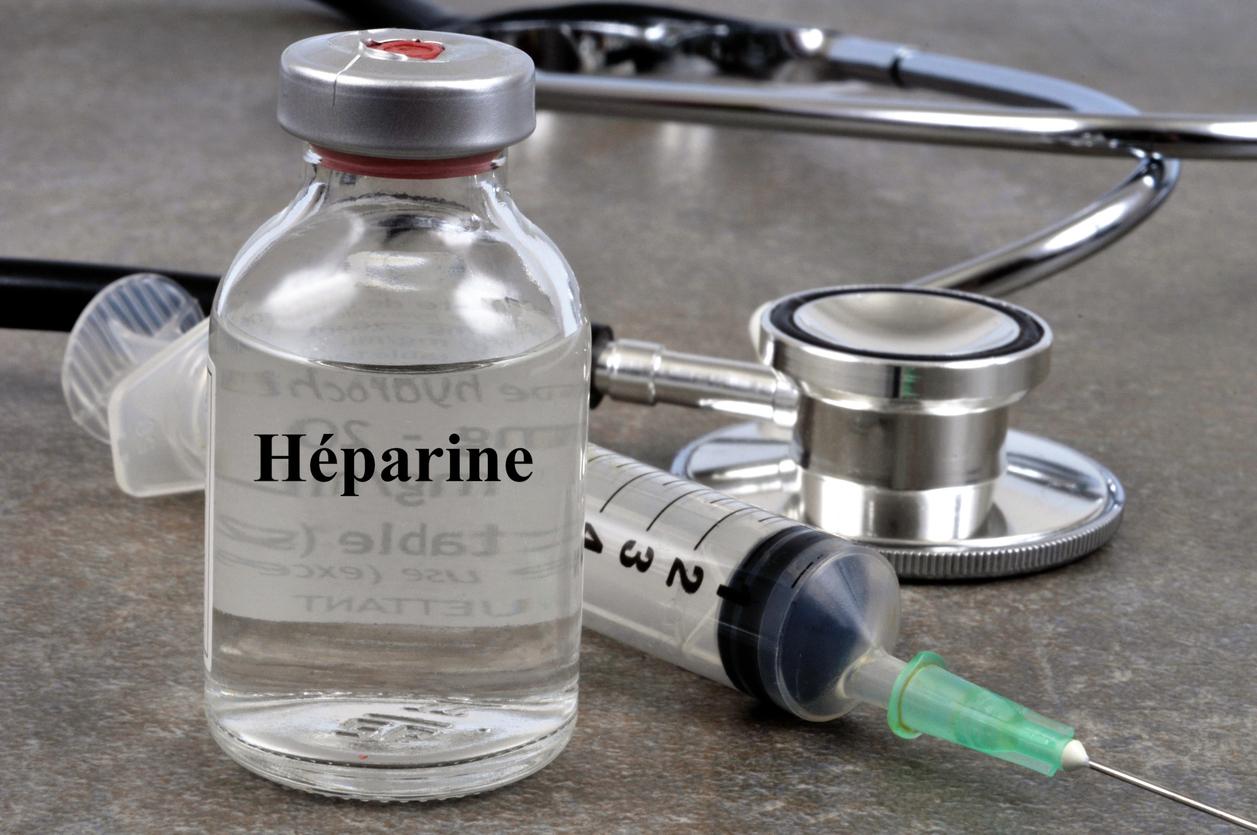Prescrire publishes the 5th edition of its “black list” of drugs. Commonly used products, such as those against colds or coughs, would be “to be avoided”.

This publication does not have the value of a scientific study but it is sure to rekindle the concerns of some readers. The independent medical journal Prescribe unveiled the fifth version of its list of “more dangerous than useful” drugs to be discarded because of the “disproportionate” health risks they pose to patients.
This list was established on the basis of analyzes published in the journal itself, during the years 2010 to 2016, explains Prescribe. It lists 91 drugs, including 82 sold in France, not to be used, failing to see them withdrawn from the French market. For the review, they simply do not have their place in pharmacies, because of an unfavorable benefit-risk ratio “in all the clinical situations for which they are authorized in France or in the European Union”, is it? precise.
Cold medicine …
On this blacklist, updated for 5e consecutive year, there are many common products. For example, it is recalled that drugs sold as self-medication against colds, decongestants, such as pseudoephedrine, expose to a risk of serious cardiovascular disorders (hypertension outbreaks, stroke, cardiac arrhythmias), in particular if they are taken by people who are already fragile.
Domperidone, the Motilium molecule, sometimes prescribed in gastroenteritis, is also criticized, due to cardiac arrhythmias and sudden deaths, even though the benefit in the treatment of the disease is very limited, according to the journal . In this regard, the Haute Autorité de Santé (HAS) issued a strong opinion in early 2016 against the use of Motilium, Peridys or Oroperidys, especially in children.
De-reimbursement, a stopgap
Finally, products used to relieve sore throats or coughs, such as Muxol or Bisolvon, without proven efficacy beyond that of a placebo, can cause allergic reactions and severe skin reactions, sometimes fatal. Of the hundred drugs identified by the inventory for the period 2013-2016, only ten were the subject of a suspension or withdrawal of MA (marketing authorization).
“Decisions taken much more often by the National Medicines Safety Agency (ANSM) than by the European Medicines Agency (EMA), nevertheless recognizes Prescribe. But the review also writes that the delisting is “a stopgap”, “a parade”, used by the French agency when it comes up against the impossibility of withdrawing a drug authorized at European level.
The director of Prescribe, Bruno Toussaint, thus denounced, during a press conference, the inertia of the public authorities. He particularly regretted that it systematically takes deaths for dangerous drugs to be withdrawn from circulation …
Advances in oncology
“ The year 2016 was marked by small advances in oncology, but no major innovative drug has seen the light of day ”, estimates Prescribe in its February issue. Like last year, the journal therefore gave up awarding its traditional “Golden pill” distinguishing a drug constituting “decisive therapeutic progress”.
It was content to indicate in its list of two molecules indicated against cancer. Both relate to the treatment of metastasized melanoma, they are nivolumab (Opdivo by Bristol-Myers Squibb) and trametinib (Mekinist by Novartis Pharma). But these advances in oncology “remain punctual and incommensurate with the advertisements or the exorbitant prices demanded by the firms”, concludes Prescribe.
.















